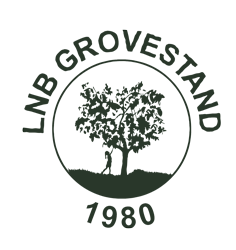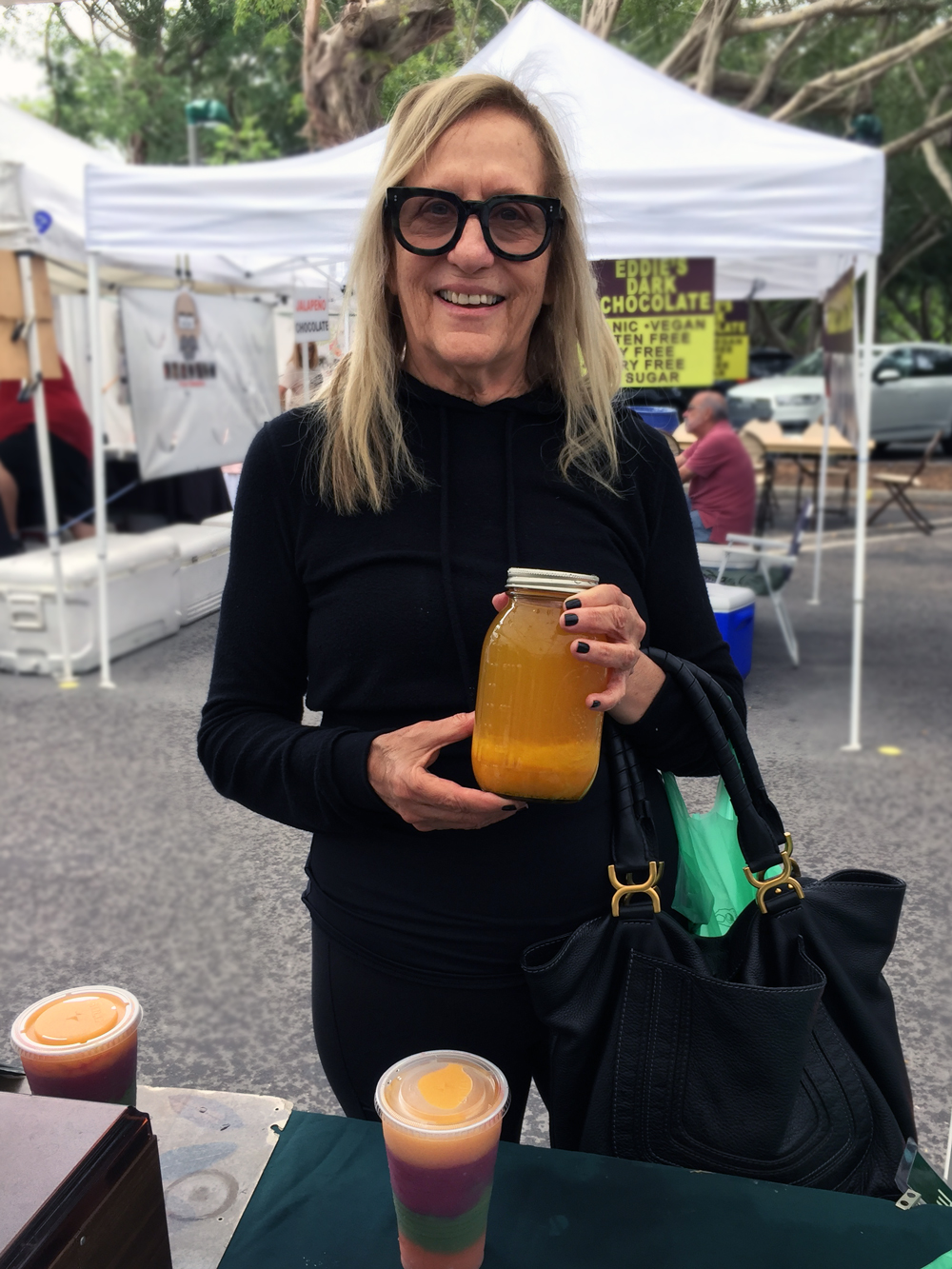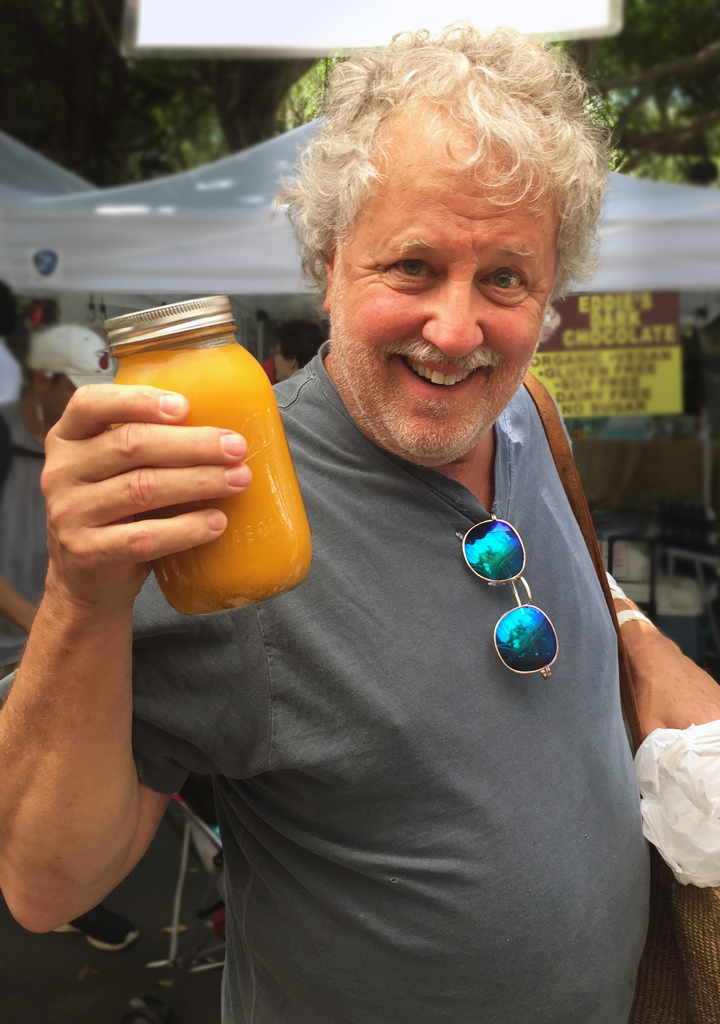
Valerie
Name:
Valerie
In what part of town do you live?
I live in Coral Gables.
How long have you lived in the area?
Four years in the Gables. I was living in Brickell for a little bit.
Did you grow up here as well?
Yes, in Pinecrest.
Did you always think you’d stay here?
No. I thought that when I left to go to Barnard college in New York, that I wasn’t coming back ever. I was about to graduate from college. I was looking for jobs in the nonprofit health education sector and simultaneously my sister had started HIP and lured me back to Miami to help it grow.
Is that what keeps you busy now during the week?
Yes, definitely. “Health Information Project,” known as HIP is a comprehensive peer-to-peer health education program in high schools.
What do you mean by peer-to-peer?
What’s unique about our organization is that it’s empowering the kids in high school to tackle the health crises that they’re dealing with. It’s about providing education in a way that’s accessible for teens and connecting them to health resources. We are a team of four full-time staff, but this year alone, we’re teaching over 50,000 9th graders across South Florida and Central Florida.
Would you give us an example of what you might teach one of those 9th graders and then what they might do with that education?
Everything from healthy and abusive relationships to nutrition, to drugs. Obviously there’s a huge focus on mental health, depression, anxiety, stress, and grief. Our sessions with our curriculum are interactive with activities, videos, and scenarios. We train upperclassmen of the 11th and 12th graders to be peer health educators. And they go into the ninth grade classes during the academic school day to teach the HIP curriculum.
Are teachers present when they’re teaching?
Yes. Always, it’s state law. There has to be an adult in the classroom always.
Do your student educators get into situations where they find themselves in over their heads?
When we partner with schools, it shows that the schools are emphasizing emotional and physical health. So the ninth graders are more comfortable talking to the peer health educators about what they’re going through. And then the peer health educators have been trained to get the adults at the school to provide the resources and support for those ninth graders. What we hear from principals all the time is that they wouldn’t know what was going on with their kids, if it weren’t for HIP. Instead of kids feeling like they are suffering in silence and not telling anyone about what’s going on, they’re reaching out to trusted adults at the school because HIP has created a safe environment for them to talk about their health.
How many years have you been doing this?
We’re currently wrapping up year 13 in our schools. We’re in over 85 high schools, public, charter, and private.
What lessons do the kids who are instructors share that they’re getting out of this?
We always hear things like, when you teach, you learn as well, right? So they’re learning as they are being trained, in public speaking, classroom management, and discussion facilitation. It’s really amazing to see these students who are given this leadership opportunity and platform and they might have anxiety or be a quiet kid when it comes to presenting. But through the HIP training, they get confidence and they come out of their shells and they’re saying, Hey, if I can teach about anxiety and depression, it makes it so much easier for me to present about history and science in my other classes. We’re finding that a lot of our alumni, after graduating college, are going into health and education professions as well. Even if they’re in finance or banking of some sort or a lawyer, they’re also sitting on nonprofit boards and they’re philanthropists and they’re giving back and they’re civically engaged citizens of our communities.
Do the new laws in Florida impact the way your students can teach?
Obviously we follow whatever school districts are doing and what the state is doing.
Are you set up a for profit or non profit company?
We’re a 501c3. Early on that seemed like the right direction to go in. We’re kind of straddling the health and education world, maybe down the road there’s a for-profit aspect of HIP, but right now we’re fully not for profit.
Do the schools hire you and pay you or do you have to raise funds to do it?
The private schools that we partner with and the charter schools give a donation. For public schools, we raise the money. We’re mainly privately funded and we get some local grants as well. Some families and family foundations have really stepped up to support our organization, especially now with everyone sounding the alarm on the mental health crisis among teens.
Which part do you enjoy the most?
It’s instant gratification. The best part is working with students. If these are the future adults in our communities, the future is bright. A lot of them have been through things themselves and they look at getting involved as a peer health educator is their way of giving back and making sure other kids don’t go through what they went through. So I’m really inspired by the students we work with.
Who selects the 11th and 12th grade leaders?
The selection is up to the faculty sponsor as well as the student board that runs HIP at the school. For some of the schools, the biggest problem they have is that there’s only so many slots that become available to become peer health educators and they have a couple of hundred 10th graders applying for their 11th and 12th grade year. There’s only so many spots.
What did you study in school?
I was always interested in health and education. I taught a little bit in the Manhattan public high schools, but I was a religion major at Barnard. I loved the classes and loved that it was an interdisciplinary department, but had no intention of using it professionally.
Do you find that you use your education about religion in the work you do now?
I feel like having a knowledge of religion really helps inform my understanding of the communities that I’m working in. I think that religion offers so many different lenses when you’re working with communities – especially when you’re talking about health. There’s a lot of healthcare access issues that could stem from culture, religion, all of these things.
What do you enjoy outside of work?
I coach basketball at Beth Am basketball. I’m also the girls basketball commissioner. So, I spend a lot of time on the basketball courts, coaching elementary, middle school and high school girls. I also like to play tennis and pickle ball, in my spare time.
You’ve been coming to stand often, would you share about that expereinece?
I’ve known LNB for a very long time. I went to middle school with Jody Ellenby at Gulliver. I’ve been around the farm and things since I was really little. Obviously, I love the family aspect of your business. When you come, you feel like you’re a part of the family, so you’re not just walking away with a delicious smoothie and other delicious goods, but you feel like you’re a part of the family.
What do you pick up when you come?
I walk away with everything. Rainbow Smoothies, especially because my nephews absolutely love the rainbow smoothies. I just got introduced to the bagel chips! I love all the fresh fruit, and the yogurt. You just can’t go wrong with anything.
What other places do you like going to, that you might recommend?
One place that I went to for a family birthday recently was Uchi in Wynwood. It’s Japanese food from Austin, Texas. It’s delicious. For ‘in the neighborhood,’ I love on the weekends going to Lots of Lox and getting a solid turkey sandwich and some pancakes.
What is Miami best kept secret?
Beth Am basketball league, we just relaunched it. We’ve been closed because of COVID and I think the beauty of the league is that although it’s housed at Temple Beth Am, it’s open to the entire community. So when I’m coaching kids, they’re from schools all across Miami-Dade county. It’s really an awesome opportunity to bring together girls and boys who otherwise wouldn’t have met each other because they don’t go to the same school.
What for you is a worthy splurge?
For me it’s always food. A nice meal is my splurge.
What other community groups and philanthropic groups or community events are important to you that you might like to promote or share?
I would suggest people get involved in mental health nonprofits and see what’s going on with their local school board, and their schools to make sure that we’re providing the emotional and physical health support for our kids.
What would catapult you to the next stage? What pitch would you like to share about HIP?
Funding, money. We would be able to expand to more schools and school districts and we can continue to build our staff. Oftentimes organizations have budgets of millions and millions of dollars and they need staff of hundreds of people and it’s like, “what are you doing with all that?” Oftentimes there are complex situations that have simple solutions. We’re using child labor, so it doesn’t cost a fortune to help and get things done and make sure that kids aren’t suffering in silence.
Have you reached out to the Biden administration?
No, but if you know someone we should talk to we’re open to having those conversations.
Is there a question you would like to ask us?
(VB) I’d love to know what’s the next product coming out?
(A+W) We will have our turmeric hummus and bagel chips this weekend!
Related Posts
Leave a Reply Cancel reply
You must be logged in to post a comment.



